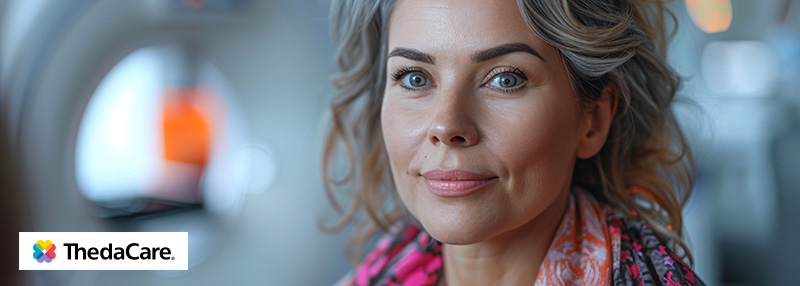
Post-mastectomy care is vital for a smooth recovery and long-term comfort. Proper care can significantly enhance your quality of life and help you navigate this journey with confidence. Here are some tips to help you through the post-mastectomy recovery period.
1. Follow Medical Advice:
Adhering to your doctor’s instructions for wound care and medication is crucial. Proper wound care helps prevent infections and promotes healing. Ensure you take medications as prescribed and attend all follow-up appointments to monitor your progress. If you have any concerns or notice unusual symptoms, contact your healthcare provider immediately.
2. Wear Comfortable Clothing:
Choose loose-fitting clothes that don’t irritate the surgical site. Soft, breathable fabrics can reduce discomfort and allow for better air circulation around the wound. Avoid tight or restrictive clothing that may cause irritation or pressure on the surgical area. Consider clothing with front closures to make dressing easier and more comfortable.
3. Use Mastectomy Products:
Invest in bras, prostheses, and camisoles designed for post-surgery comfort. These products provide support and help you feel more confident. Look for items with built-in pockets for prostheses and made from gentle materials that won’t irritate sensitive skin. Mastectomy bras and camisoles can also help distribute weight evenly, reducing strain on your shoulders and back. ThedaCare At Home Medical Equipment offers a selection of mastectomy products including bras, camisoles, breast forms and more.
4. Stay Active:
Gentle exercises can aid recovery and improve mood. Activities like walking, stretching, and light yoga can enhance physical and emotional well-being. Always consult with your healthcare provider before starting any exercise routine to ensure it’s safe for your specific situation. Gradually increase your activity level as you feel more comfortable and your strength improves.
5. Healthy Diet:
Eating nutritious foods supports healing. A balanced diet rich in vitamins, minerals, and protein can boost your immune system and energy levels. Include plenty of fruits, vegetables, lean proteins, and whole grains in your meals. Staying hydrated is also important, so drink plenty of water throughout the day.
6. Emotional Support:
Seek support from friends, family, or support groups. Emotional support is essential for coping with the physical and emotional challenges of recovery. Talking to others who have gone through similar experiences can provide comfort and encouragement. Consider joining a local or online support group to connect with others who understand what you’re going through.
7. Regular Check-ups:
Schedule follow-up appointments to monitor your progress. Regular check-ups ensure that any issues are addressed promptly and that your recovery is on track. Keep a list of questions or concerns to discuss with your healthcare provider during these visits. Staying proactive about your health can help you feel more in control of your recovery.
8. Pain Management:
Discuss pain relief options with your healthcare provider. Effective pain management can improve your quality of life during recovery. Your doctor may recommend medications, physical therapy, or other treatments to help manage pain. Don’t hesitate to speak up if your pain is not well-controlled, as there are many options available to help you feel more comfortable.
9. Skin Care:
Keep the surgical area clean and moisturized. Proper skin care can prevent infections and promote healing. Use gentle, fragrance-free products and follow your doctor’s recommendations for wound care. Avoid using harsh soaps or lotions that could irritate the skin. Keeping the area moisturized can also help reduce scarring.
10. Patience:
Recovery takes time; be patient with yourself. Allow yourself the time and space to heal both physically and emotionally. Celebrate small milestones and progress, and don’t hesitate to ask for help when needed. Remember that everyone’s recovery journey is unique, and it’s important to go at your own pace.
By following these tips, you can enhance your comfort and well-being during the post-mastectomy recovery period. Taking care of yourself is essential for a successful recovery and a return to normal activities. Remember, every step you take towards recovery is a step towards a healthier, more confident you.
Ready to Enhance Your Post-Mastectomy Recovery?
At ThedaCare At Home Medical Equipment, we are committed to supporting you through every step of your recovery journey. Our extensive range of mastectomy products, including bras, prostheses, camisoles, and more, are designed to provide the comfort and support you need. Let our experienced team help you find the right products to enhance your quality of life.
Contact us today or stop by a location near you.
October 25, 2024 by ThedaCare At Home

